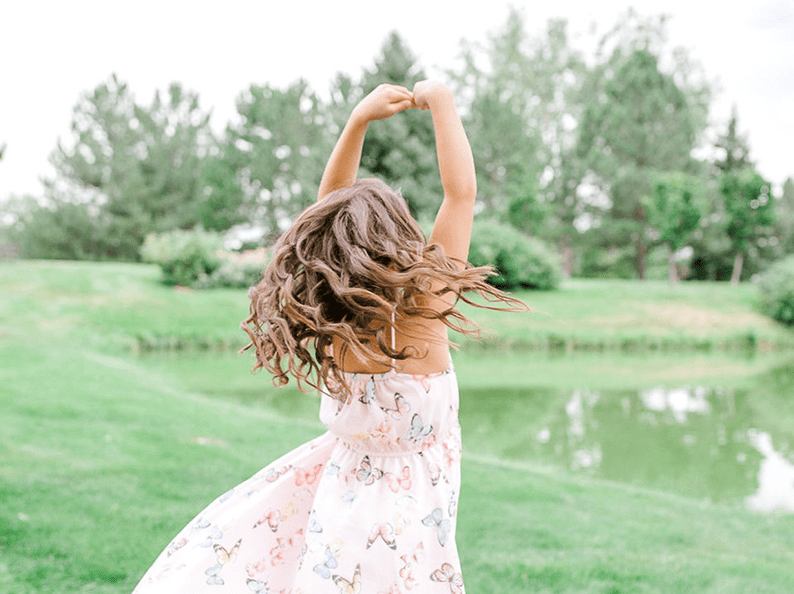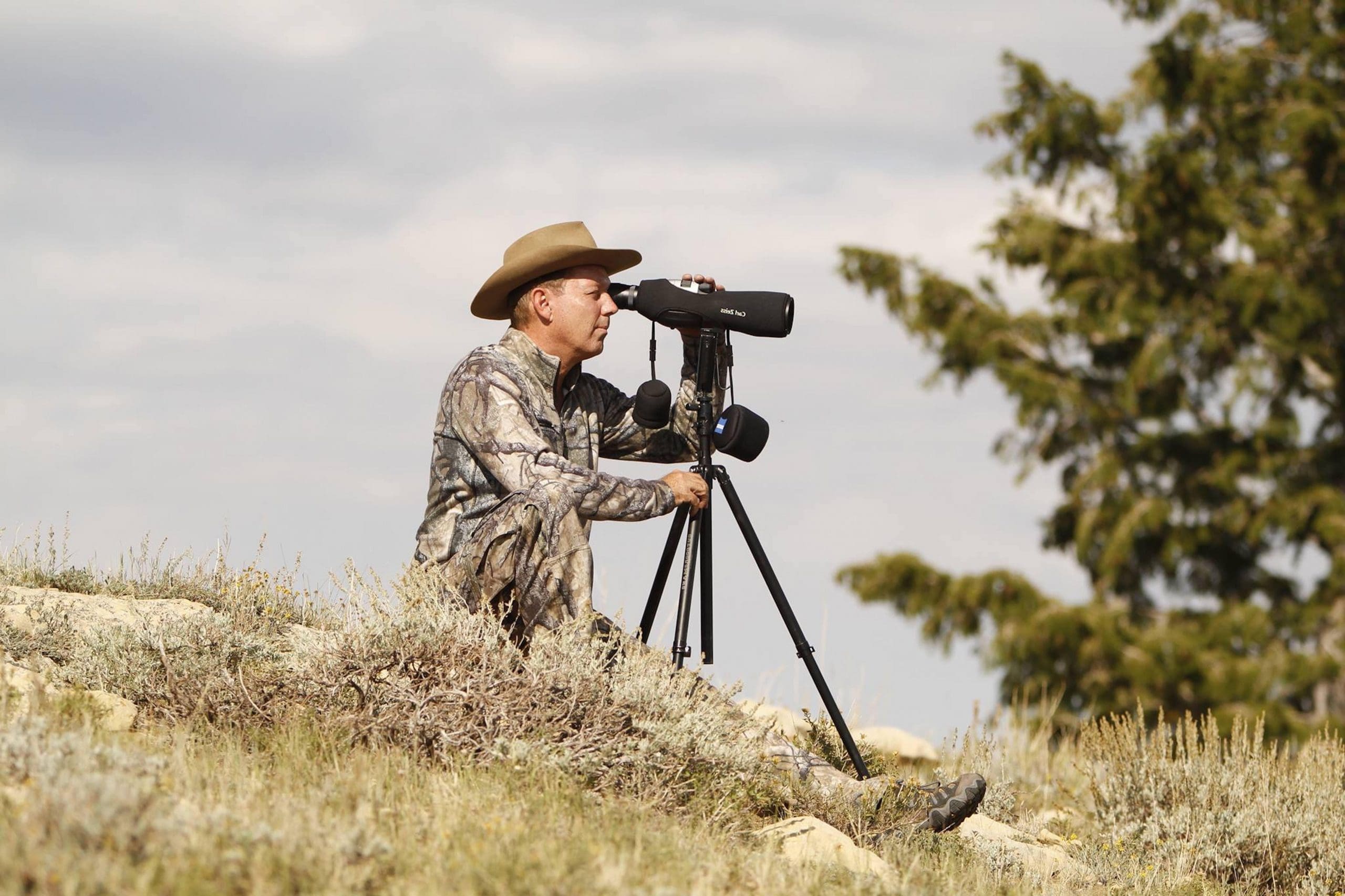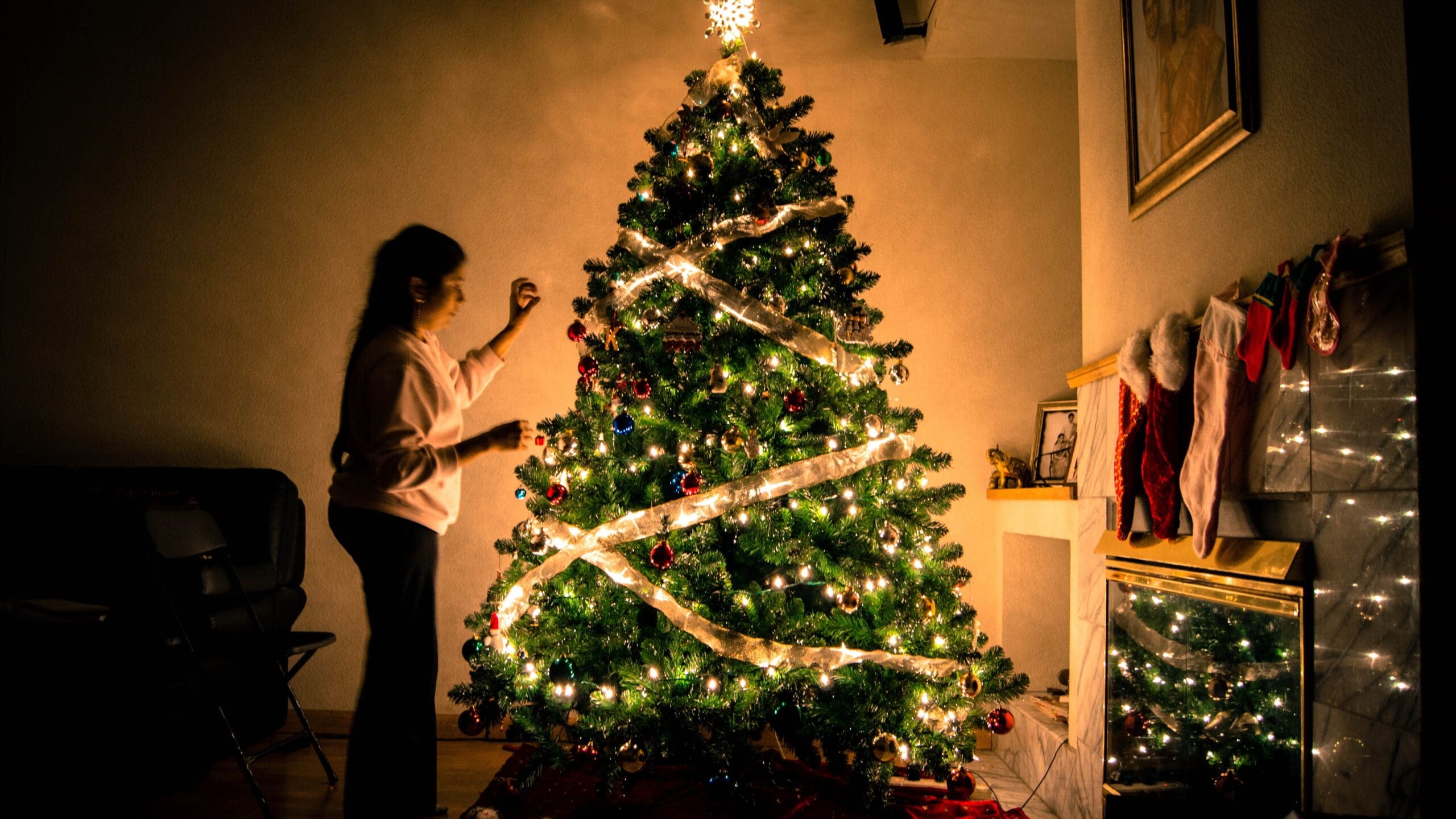I went to the altar at Sherwood Baptist church frequently because the thought of being unholy terrified me. The church taught me that, if I died at any minute but had not repented from a sin that I committed a mere minute before, I would end up in hell, thanks to my most recent unconfessed transgression. That church taught me about a lot of sins, so I had a lot to fear. Looking back, I believe my terror resulted from high anxiety combined with the church’s teachings. In case you’re wondering, in the evangelical community, anxiety is similarly viewed as depression and is another “sin,” one I often asked to be forgiven for during those front-and-center occasions. My youth leaders also taught me about these sins. They explained, “For heavy worry or heavy sadness to occur in your life, you must not be living in God’s will or trusting God with everything you have. If you live with total trust in the Lord, you will live a joy-filled, worry-free life.” I bought it completely.
Church elders and my parents always expressed how proud they were of me for my bravery and honesty in tackling my sins. My frequent walk to the front of the church altar was not only lauded, but also encouraged by the adults in my life, even though they must have known that I would be gossiped about after the ritual. Was this something so ingrained in our culture that we didn’t realize the harm of the ritual? That the idea of encouraging a child to feel shame and thus repent publicly may be more detrimental than holy? At that time and at my young age, I only viewed my altar prayers as holy, which felt validated by my parents’ praise and support.
Going through puberty at the megachurch, I began to frequent the altar not for gossiping or being mean to my sister, but because I felt guilty about the way my body was changing. One Sunday morning, my mom and I were in the church parking lot waiting for the attendees to flag us through the busy traffic with a walk sign. My normally effervescent mom looked forward with hesitation in both her voice and her face, as she said, “Honey, I need to talk to you as soon as we get home . . . then we can make lunch together.” At the time, I didn’t think anything of what she said, but when we got home, she immediately swept me into my bedroom for privacy and sat down with me on my bottom bunk. I loved that magical bedroom decorated with lime green, electric blue, and bright yellow flowers. Even as the older sister, I slept on the bottom bunk, my safe place because heights have always alarmed me. I refused to sleep on or even climb up to the top bunk of the bed. Except for this one time. One evening, my dad had insisted that I climb up to Sarah’s top bunk before bedtime to make me “overcome my fears.” Sitting on that top bunk, anxiety filled my entire being. I hyperventilated and sobbed. He had to pick me up and put me on the floor because I was so paralyzed by the fear. Sitting here on my bottom bunk, waiting to hear what my mom wanted to tell me, I felt secure.
“Rachel . . . ” she said, sitting next to me, “I think it’s time for you to get a bra.”
“Why?” I asked, confused. In my mind, my body was normal, and in all honesty, I loved the way my breasts felt when they were free against my T-shirt, unbound by some contraption I knew I would have to wear for the rest of my life.
My mom was a flute player in the church orchestra and had overheard a conversation. She sighed. “Some of the women in the choir were talking, and they said your breasts are too big and are causing a distraction for their sons at church. They . . . um . . . asked me to get you a bra.” She spoke these words with delicacy, heavy with shame on my behalf. There on my bed, at the age of ten, was the first moment I became painfully aware of my body. My body, in its naked state, felt disgraceful. I felt angry and helpless because I had no control over this new development. My breasts had just appeared, and now I had to rein them in? It seemed unfair.
We went to Wal-Mart to buy a bra before the church service that night—a pure white unlined training bra with a small pink bow in between my breasts. I wore this under my baggy white T-shirt in an effort to hide my body in its entirety. After the choir sang and the pastor with the toothpick legs and marshmallow body preached, I went to the front of the big dark church to pray at the altar again. This time, though, my transgression had changed. I asked God to forgive me for my deceitful body.



